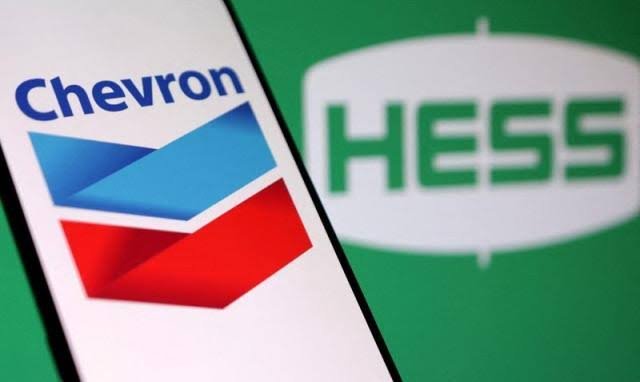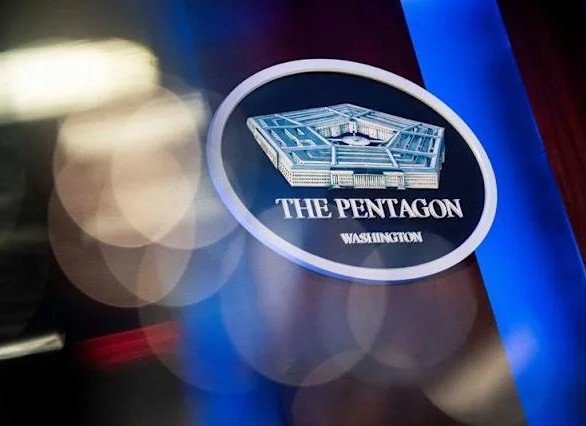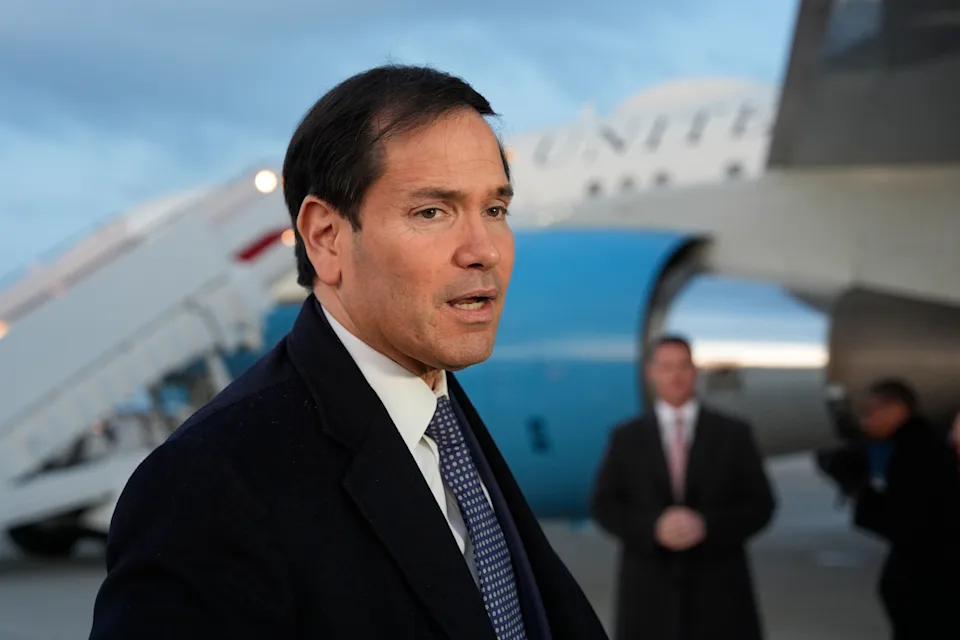New York, May 28, 2024, The Europe Today: Hess Corporation shareholders approved a proposed $53 billion merger with Chevron on Tuesday, setting the stage for Chevron to acquire a significant asset in the form of Hess’s stakes in the massive Guyana oil discoveries, which have been a stronghold of rival Exxon Mobil.
While this shareholder approval marks a significant milestone, the merger still requires regulatory clearance and must navigate a complex arbitration process with Exxon and CNOOC, Hess’s partners in Guyana. The Federal Trade Commission (FTC) is expected to provide regulatory approval as soon as next month, according to Frederic Boucher, a risk arbitrage analyst at Susquehanna Financial Group, based on the FTC’s recent timeline for approving Exxon’s acquisition of Pioneer Natural Resources.
The most critical hurdle, however, is resolving the arbitration dispute filed by Exxon and CNOOC, who claim they have a right of first refusal on any sale of Hess’s Guyana assets. This dispute could potentially delay the merger’s finalization until 2025.
Hess required a majority of its 308 million outstanding shares to vote in favor of the deal for approval. While preliminary results indicate a favorable outcome, Hess has not yet disclosed the exact vote tally.
CEO John Hess expressed satisfaction with the vote, stating, “We are very pleased that the majority of our stockholders recognize the compelling value of this strategic transaction and look forward to the successful completion of our merger with Chevron.”
Following the vote, Hess’s stock rose slightly to $152.05, while Chevron’s shares increased by less than 1% to $159.04.
Mark Kelly, an analyst with MKP Advisors, commented, “Assuming Chevron wins the arbitration from Exxon or finds a settlement, the transaction is now going to happen.”
The merger holds significant implications for both companies. For Chevron, acquiring the profitable Guyana oilfields will help offset geopolitical risks associated with the TengizChevroil project in Kazakhstan, which relies on transporting oil through Russia to a port on the Black Sea. Additionally, this acquisition could balance the cost overruns Chevron has faced in its Australian liquefied natural gas (LNG) projects, which have been plagued by labor and operational issues.
This merger, pending the resolution of regulatory and arbitration challenges, is poised to reshape the landscape of the U.S. oil industry, further consolidating Chevron’s position as a leading global energy company.














